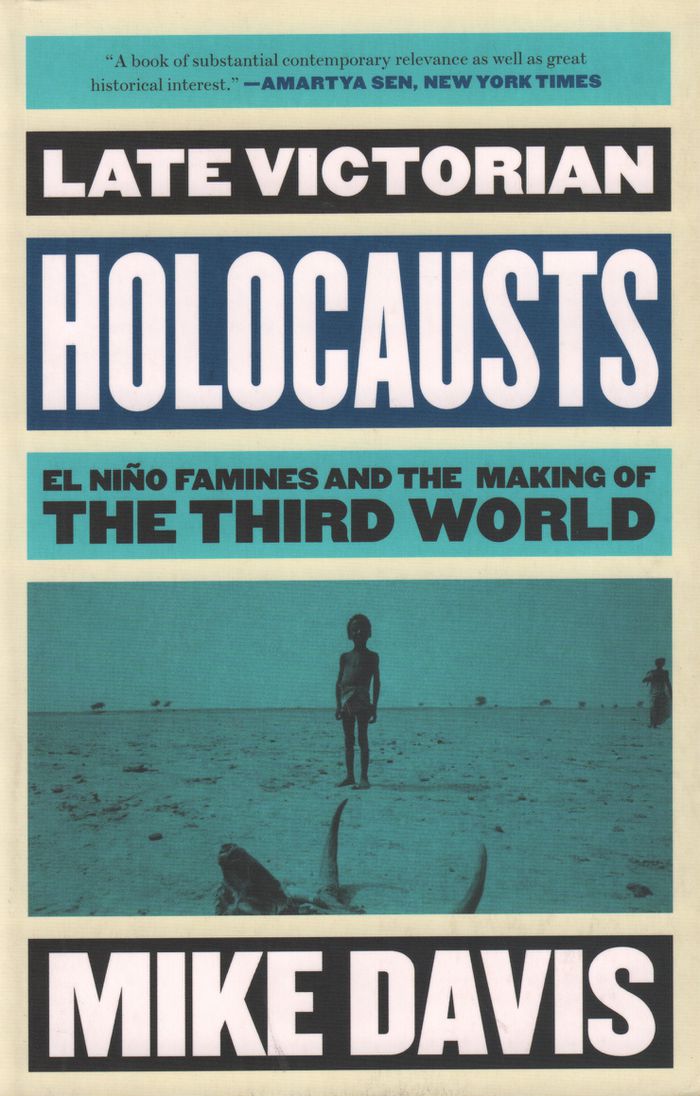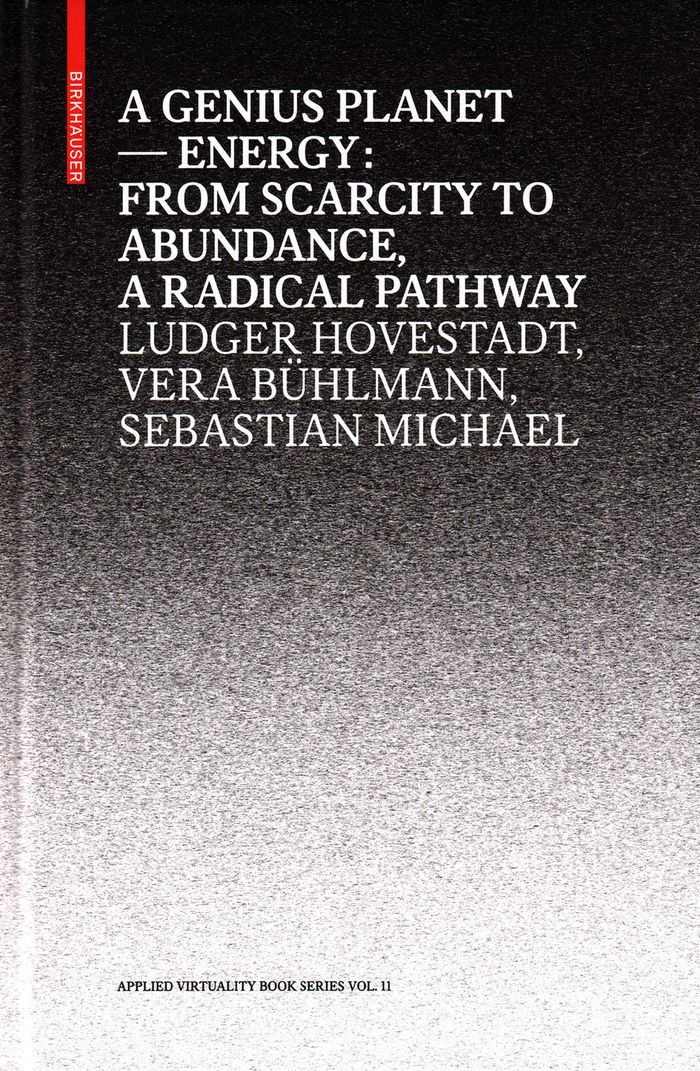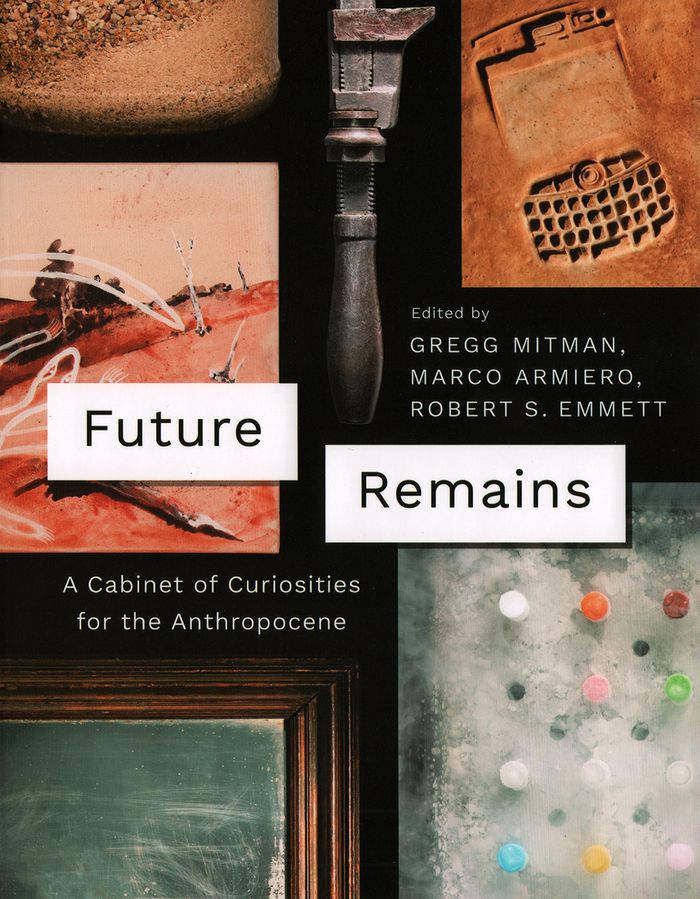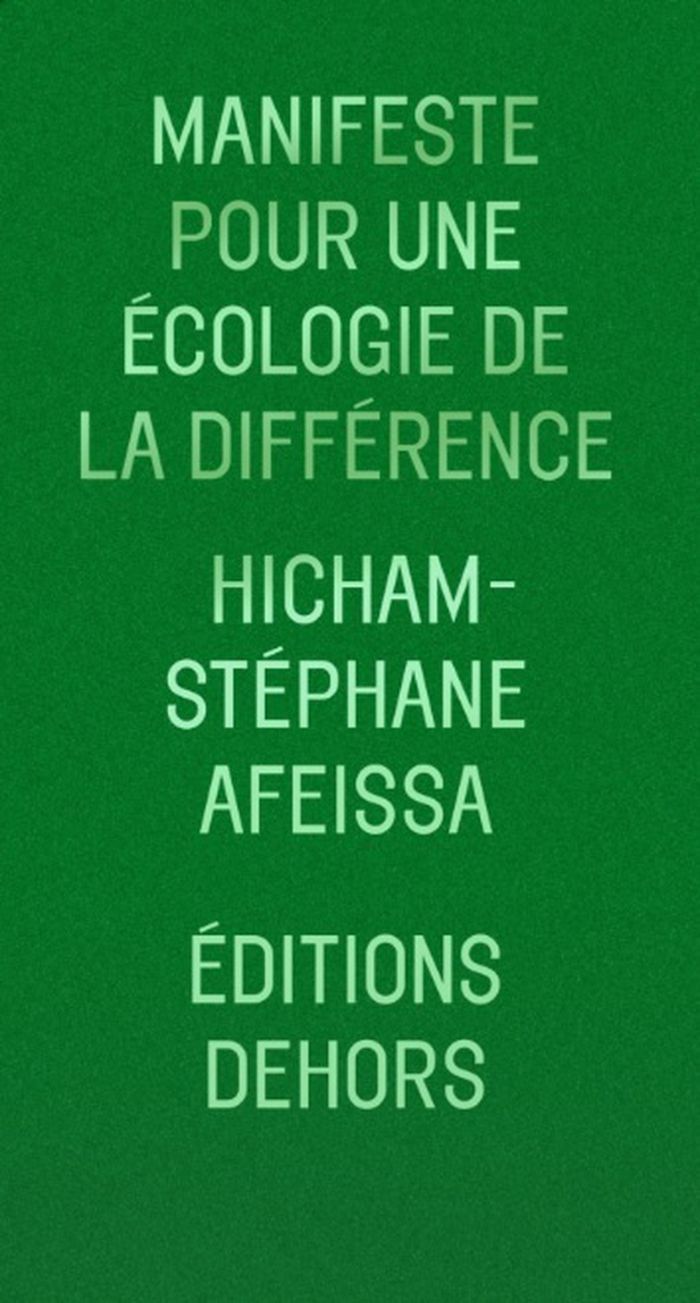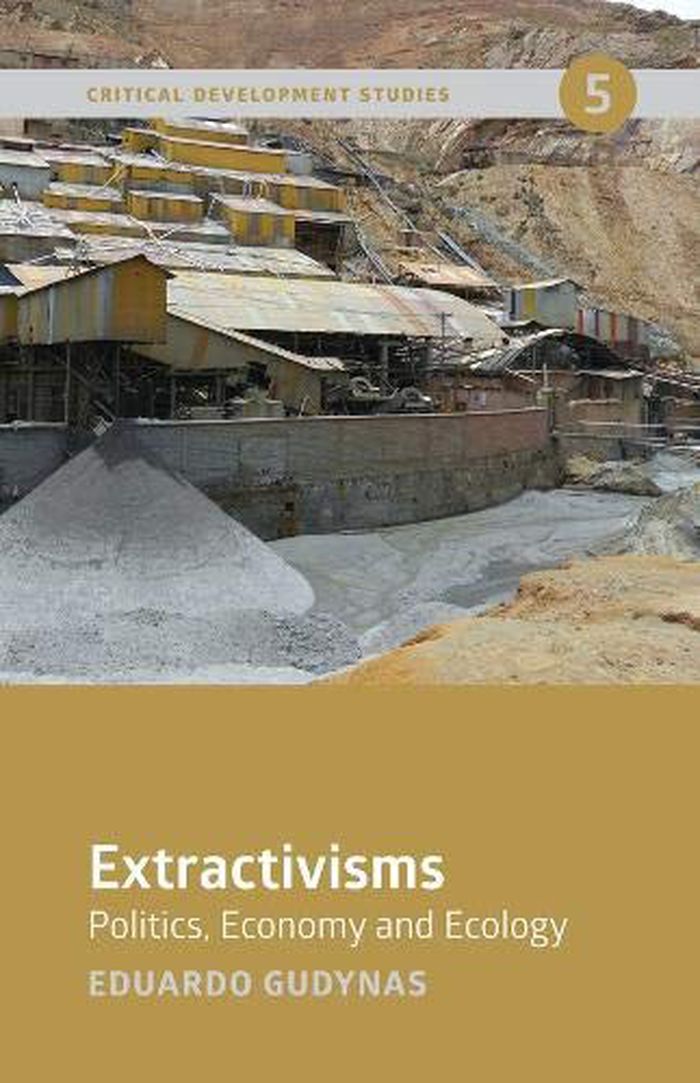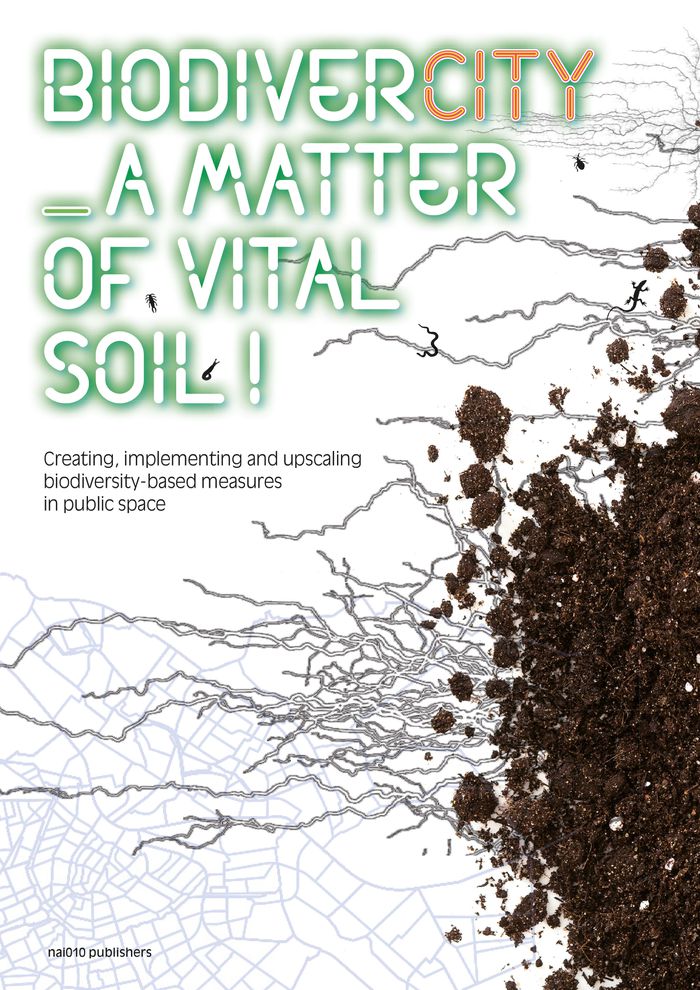Architecture of nature
$65.95
(disponible sur commande)
Résumé:
Based on documentation originating in the environmental sciences, history of science, philosophy and art, ''Architecture of Nature'' explores the materiality and the effects of the forces at play in the history of the earth through the architect's modes of seeing and techniques of representation. This book presents research work developed for the past eight years in the(...)
février 2019
Architecture of nature
Actions:
Prix:
$65.95
(disponible sur commande)
Résumé:
Based on documentation originating in the environmental sciences, history of science, philosophy and art, ''Architecture of Nature'' explores the materiality and the effects of the forces at play in the history of the earth through the architect's modes of seeing and techniques of representation. This book presents research work developed for the past eight years in the Advanced Research graduate studio 'Architecture of Nature/ Nature of Architecture', created and directed by Diana Agrest at the Irwin S. Chanin School of Architecture of the Cooper Union. ''Architecture of Nature'' departs from the traditional approach to nature as a referent for architecture and reframes it as its object of study. The complex processes of generation and transformations of extreme natural phenomena such as glaciers, volcanoes, permafrost, and clouds are explored through unique drawings and models, confronting a scale of space and time that expands and transcends the established boundaries of the architectural discipline.
$25.95
(disponible sur commande)
Résumé:
Late Victorian Holocausts focuses on three zones of drought and subsequent famine: India, Northern China; and Northeastern Brazil. All were affected by the same global climatic factors that caused massive crop failures, and all experienced brutal famines that decimated local populations. But the effects of drought were magnified in each case because of singularly(...)
Late Victorian Holocausts: El niño famines and the making of the Third World
Actions:
Prix:
$25.95
(disponible sur commande)
Résumé:
Late Victorian Holocausts focuses on three zones of drought and subsequent famine: India, Northern China; and Northeastern Brazil. All were affected by the same global climatic factors that caused massive crop failures, and all experienced brutal famines that decimated local populations. But the effects of drought were magnified in each case because of singularly destructive policies promulgated by different ruling elites.
$59.95
(disponible sur commande)
Résumé:
Rooted in sound theory and based on technology that is available now, ''A genius planet'' offers an accessible but detailed and insightful perspective on how we can free ourselves from our dependency on natural resources and generate, trade, and use energy in ways that open up the genuine potential that we have at our disposal today. Imagine a world where the power is(...)
août 2017
A genius planet : energy, from scarcity to abundance, a radical pathway
Actions:
Prix:
$59.95
(disponible sur commande)
Résumé:
Rooted in sound theory and based on technology that is available now, ''A genius planet'' offers an accessible but detailed and insightful perspective on how we can free ourselves from our dependency on natural resources and generate, trade, and use energy in ways that open up the genuine potential that we have at our disposal today. Imagine a world where the power is always on, where there is not just enough energy, but an abundance of it. Such a world is no Utopia, it is a possible reality. Using indefinitely available sources of energy – especially photovoltaic solar, in combination with others – and networking this energy, much in the way that we have networked information, we can get beyond our current energy ‘crisis’ and resolve it.
$42.00
(disponible sur commande)
Résumé:
"Future Remains" is a thoughtful and creative meditation on these questions. The fifteen objects gathered in this book resemble more the tarots of a fortuneteller than the archaeological finds of an expedition—they speak of planetary futures. Marco Armiero, Robert S. Emmett, and Gregg Mitman have assembled a cabinet of curiosities for the Anthropocene, bringing together a(...)
avril 2018
Future remains: a cabinet of curiosities for the anthropocene
Actions:
Prix:
$42.00
(disponible sur commande)
Résumé:
"Future Remains" is a thoughtful and creative meditation on these questions. The fifteen objects gathered in this book resemble more the tarots of a fortuneteller than the archaeological finds of an expedition—they speak of planetary futures. Marco Armiero, Robert S. Emmett, and Gregg Mitman have assembled a cabinet of curiosities for the Anthropocene, bringing together a mix of lively essays, creatively chosen objects, and stunning photographs by acclaimed photographer Tim Flach. The result is a book that interrogates the origins, implications, and potential dangers of the Anthropocene and makes us wonder anew about what exactly human history is made of.
$28.95
(disponible sur commande)
Résumé:
Pouvoir se déplacer de plus en plus rapidement grâce à la vitesse du train, de la voiture, de l’avion… a modifié nos modes de vie fondamentalement. Mais si voyager toujours plus loin, vite et à bas coût, au quotidien et pour les vacances, exauce les rêves de liberté et de découverte d’une partie croissante de la population mondiale, il y a un revers à la médaille?:(...)
août 2021
Pour en finir avec la vitesse
Actions:
Prix:
$28.95
(disponible sur commande)
Résumé:
Pouvoir se déplacer de plus en plus rapidement grâce à la vitesse du train, de la voiture, de l’avion… a modifié nos modes de vie fondamentalement. Mais si voyager toujours plus loin, vite et à bas coût, au quotidien et pour les vacances, exauce les rêves de liberté et de découverte d’une partie croissante de la population mondiale, il y a un revers à la médaille?: fatigue, stress, inégalités, fragilité du système, congestion et pollution. La récente révolution numérique n’a permis de diminuer ni les déplacements, ni le rythme de vie de nos contemporains. Est-il (encore) possible de sortir de l’emprise de la vitesse?? Les auteurs donnent sur le sujet un point de vue inédit et proposent de réorganiser le territoire pour permettre de vivre en plus grande proximité et répondre aux enjeux climatiques.
$27.95
(disponible sur commande)
Résumé:
Comment mettre un terme au rapport de domination et de violence que nous entretenons avec la nature en général et les animaux en particulier ? Peut-on espérer y parvenir en apprenant à nous réconcilier avec la Vie censée relier de manière fondamentale l’homme et l’animal, et à entrer en résonance avec une Nature qui a cessé de nous parler ? Le but de ce Manifeste est(...)
mars 2021
Manifeste pour une écologie de la difference
Actions:
Prix:
$27.95
(disponible sur commande)
Résumé:
Comment mettre un terme au rapport de domination et de violence que nous entretenons avec la nature en général et les animaux en particulier ? Peut-on espérer y parvenir en apprenant à nous réconcilier avec la Vie censée relier de manière fondamentale l’homme et l’animal, et à entrer en résonance avec une Nature qui a cessé de nous parler ? Le but de ce Manifeste est de montrer les limites et les faiblesses du principe d’une telle solution en plaidant pour une écologie de la différence. L’animal conçu comme être sensible et vulnérable, méritant en tant que tel pitié et compassion, est une abstraction philosophique qui, sous couvert d’élever le statut des animaux et de leur garantir une forme de protection morale et juridique, commence par leur faire violence en ne respectant pas leur altérité fondamentale et la richesse de leur mode d’existence. La planète – même et peut-être plus que jamais à l’âge de l’Anthropocène – demande elle aussi à être comprise dans son étrangeté comme nature créative, potentiellement incontrôlable et foncièrement imprévisible.
$20.00
(disponible sur commande)
Résumé:
Nature and communities in the global south is being overwhelmed at a shocking rate. In many places this is due to ventures such as large-scale open-pit mining, oil extraction in tropical areas, and the spread of monocultures. These and other such forms of natural resource appropriation are usually known as extractivisms. This introductory book on the one hand adopts an(...)
septembre 2021
Extractivisms: politics, economy and ecology
Actions:
Prix:
$20.00
(disponible sur commande)
Résumé:
Nature and communities in the global south is being overwhelmed at a shocking rate. In many places this is due to ventures such as large-scale open-pit mining, oil extraction in tropical areas, and the spread of monocultures. These and other such forms of natural resource appropriation are usually known as extractivisms. This introductory book on the one hand adopts an interdisciplinary and critical perspective, incorporating contributions from economics, politics, ecology, and more. On the other hand it is an exercise in the politics among humans and with the environment. Eduardo Gudnyas explores negative local impacts such as ecological and health degradation or violence, along with spillover effects that redefines democracy and justice. Significantly, presented for the first time in English is a comprehensive overview of the theoretical innovations currently being discussed in the South, such as the distinction between appropriation and production modes and a redefinition of surplus to include social and economic features or new understandings on conflict dynamics. Furthermore, Gudynas discusses the Latin American peculiarities of extractivisms produced both by conservative and new-left governments, making clear that it has very deep roots in culture and ideologies, and offers solutions for the future.
La Terre comme communauté
$18.95
(disponible en magasin)
Résumé:
Le prophète de l’écologie était d’abord un forestier. « L’Almanach d’un comté des sables » s’appuie sur 20 ans de travail de terrain. Dans ce recueil d’articles, on découvre l’élaboration progressive de sa conception de la protection de la nature.Dans le contexte contemporain d’innovation et de réflexion sur la libre évolution, Leopold nous ramène aux fondamentaux de la(...)
La Terre comme communauté
Actions:
Prix:
$18.95
(disponible en magasin)
Résumé:
Le prophète de l’écologie était d’abord un forestier. « L’Almanach d’un comté des sables » s’appuie sur 20 ans de travail de terrain. Dans ce recueil d’articles, on découvre l’élaboration progressive de sa conception de la protection de la nature.Dans le contexte contemporain d’innovation et de réflexion sur la libre évolution, Leopold nous ramène aux fondamentaux de la protection de la nature. Textes sélectionnés par Daniel Vallauri et Jean-Claude Génot
livres
$43.95
(disponible sur commande)
Résumé:
The ocean is rising and with it sea level, water temperature, acidity, algal blooms, and storm surges. Also on the rise are the metrics of accelerated human activity. How are we to fathom the political, aesthetic, and epistemological rise of the oceans from centuries-long invisibilization and forgetting? What ideas and memories do the oceans hold in their depth and(...)
Oceans rising: a companion to “Territorial Agency: Oceans in Transformation”
Actions:
Prix:
$43.95
(disponible sur commande)
Résumé:
The ocean is rising and with it sea level, water temperature, acidity, algal blooms, and storm surges. Also on the rise are the metrics of accelerated human activity. How are we to fathom the political, aesthetic, and epistemological rise of the oceans from centuries-long invisibilization and forgetting? What ideas and memories do the oceans hold in their depth and reanimate, when the earth's ecosystems suffer? Asking different questions and using multiple registers of sensing expand the possibilities to engage with the oceanic at this precarious moment and rethink its relations to the terrestrial. This volume is a companion reader to "Territorial Agency: Oceans in Transformation", an independent oceanic research initiative commissioned by TBA21–Academy and operating out of Ocean Space in Venice. It offers forty-one thoughtful contributions by artists, scholars, scientists, and ocean activists in response to the rapidly changing oceans. Writing from places of conflict and concern, the contributions reveal the magnitude and urgency of ecological devastation, but more important, they provide alternative narratives that strengthen our knowledge communities and contribute to worldmaking practices from an oceanic perspective.
livres
juillet 2021
$61.00
(disponible sur commande)
Résumé:
This publication represents a quest for biodiversity in the city. Declining biodiversity in the countryside has been in the spotlight for years. How do you design a public space that is anchored in healthy soil? Without soil, we cannot survive. Yet we treat our living environment inattentively. The growing world population is moving to cities, annexing surrounding areas(...)
février 2022
Biodivercity: a matter of vital soil!
Actions:
Prix:
$61.00
(disponible sur commande)
Résumé:
This publication represents a quest for biodiversity in the city. Declining biodiversity in the countryside has been in the spotlight for years. How do you design a public space that is anchored in healthy soil? Without soil, we cannot survive. Yet we treat our living environment inattentively. The growing world population is moving to cities, annexing surrounding areas and literally squeezing the life out of the soil. The urban climate, urbanized environment and urban water balance are detrimental to healthy soil life. The (urban) soil is largely sealed off and this results in extreme flooding, heat and drought exhaustion, soil compaction and habitat fragmentation. The design of the city includes many underground measures. Every change leads to soil exhaustion. This has to change. This publication formulates measures and resulting details that will result in healthy soil life.

